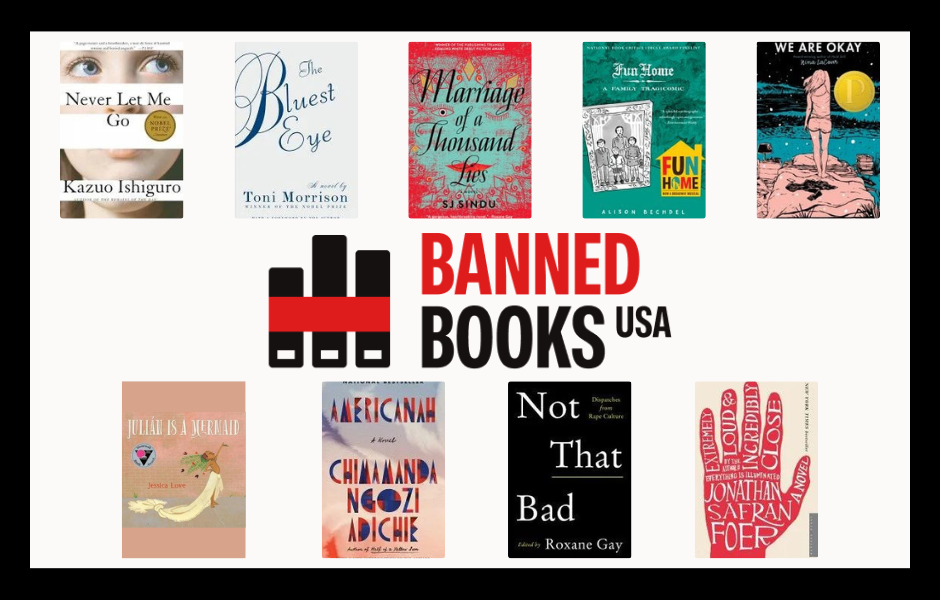news
Chelsea Manning Found Guilty of Reading

Chelsea Manning, who was convicted in 2013 for spilling government secrets to WikiLeaks, is currently serving a 35-year sentence. Because Chelsea — previously known as Bradley — identifies as a woman, her imprisonment at the all-male, maximum security military prison in Fort Leavenworth, Kansas, has sparked plenty of discussion and concern about the treatment of trans men and women in prison.
And now, nearly two years after her sentencing, Manning has been found guilty again — but no, not for spilling more classified government secrets. This time, prison officials discovered some other so-called “dangerous” items in her cell: books and magazines. CNN reports that Cosmopolitan was among one of the confiscated reading materials. Manning’s eagerness to read it makes complete sense, too, seeing as how that particular issue included her first press interview.
Abigail Pesta, who conducted the interview, also revealed the longer list of confiscated books and magazines. They included magazines such as The Advocate and Vanity Fair (featuring Caitlyn Jenner on the cover), and books such as Malala Yousafzai’s I Am Malala; Ronald Dworkin’s Justice for Hedgehogs, Taking Rights Seriously, and Law’s Empire; Casey Plett’s A Safe Girl to Love; and Gabriella Coleman’s Hacker, Hoaxer, Whistleblower, Spy: The Many Faces of Anonymous.
The Federal Bureau of Prisons regulations, as investigated by The Atlantic, state their right to prohibit any publications found “to be detrimental to the security, good order, or discipline of the institution or if it might facilitate criminal activity.” And yet, it’s nearly impossible to determine which books are safe and which are subversive. The Atlantic further explores previous instances of censorship in prison libraries around the United States, including in Texas, South Carolina, and Connecticut.
On her personal Twitter account, Manning tweeted about the result of her prison trial: “I was found guilty of all 4 charges @ today’s board; I am receiving 21 days of restriction on recreation — no gym, library, or outdoors.” (If you’re just as confused as I am about how prisoners are able to tweet from behind bars, TIME reports Manning dictates her tweets by phone and Fitzgibbon Media posts them on her behalf).
Prison libraries, too, feature widely in pop culture these days. Piper Kerman, author of the memoir-turned-Netflix show Orange is the New Black, told the LA Times that books were “complete lifelines” and the “only legitimate forms of escape” during her imprisonment. And in the New York Times, Dwight Garner reviews Avi Steinberg’s memoir, Running the Books: The Adventures of an Accidental Prison Librarian, revealing how Steinberg “comes to realize what a humming and humane place his library is.”
Regardless of whether or not you approve of Manning’s reading-related punishment, the power of the written word simply cannot be denied.









